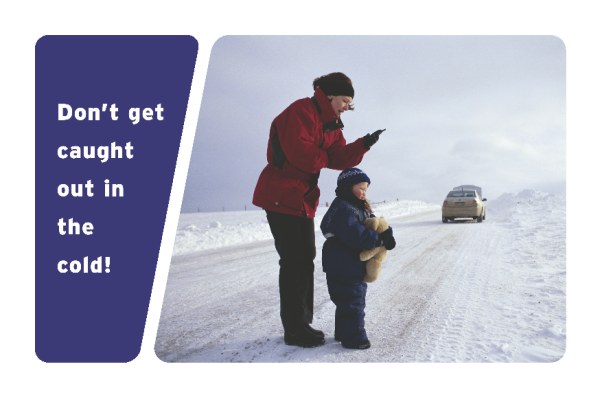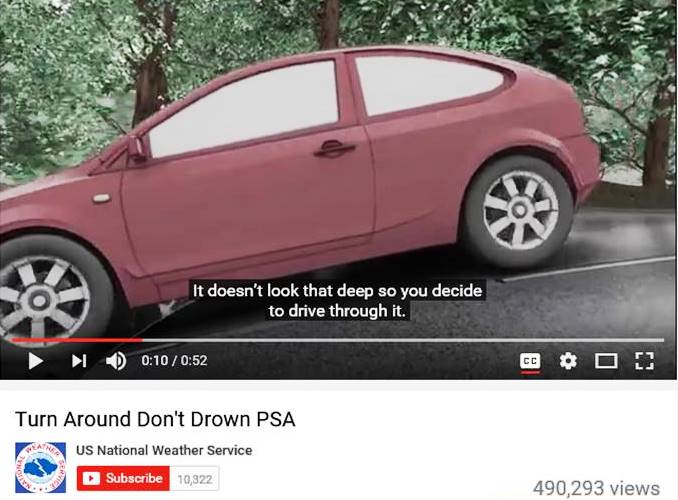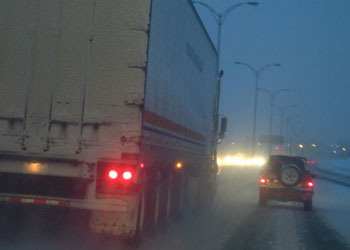Posted on 12/1/2018
Mechanics Direct is chosen time and again by drivers throughout Lowell. Our clients trust our auto mechanics to take excellent care of their vehicle, from bumper to bumper. Because we are well-versed in the field of auto repair, we keep an eye out for issues known to cause your vehicle trouble. For drivers in the Lowell area, brakes tend to wear out quickly. You may be wondering why this is the case. Keep reading, as our team at Mechanics Direct has the answer. Just as people are affected by Massachusetts’ frigid winter, our cars are also severely impacted by this cold season as well. Moisture and freezing temperatures are leading factors in why brakes are wearing out so quickly in Massachusetts. High moisture content in your brake fluid causes longer stopping times. In addition, moisture can freeze in your vehicle’s brake lines creating blockages that can be detrimental to your safety. Troublesome moisture and cold can also cause your metal brake rotors to rust or ... read more
Posted on 12/27/2017

Did you know that as the weather gets colder there is an extra strain placed upon your battery! Even though you may be able to start your car fine today, Will Your car Start in the Dead of Winter? Usually any battery problems are first experienced in the morning, after the vehicle has been sitting for 8-12 hours. When you turn the key does it take many tries for your engine to start? Are you hearing a whirring or clicking sound? If so, then this is a warning sign that something is on its way out and your car needs attention! Whenever experiencing any starting issues be sure to have a Complete Charging System Test performed by and experienced ASE Master Certified Auto Technician/Mechanic. This will include thorough testing of the Alternator, Battery, Wiring and Connections. Winter can be a particularly harsh time of year for you and your car. So, while you’re at it, also have your Antifreeze, Radiator, and Hoses Checked for below freezing temperatures ... read more
Posted on 12/14/2016

In light of the sudden warmth in Northern Massachusetts and Southern New Hampshire our thoughts turn quickly to spending more time outdoors and getting out and about. Did you know that with this sudden warmth there may be danger from quickly melting snowpack? Quick melting snow can cause ice jams clogging area rivers and streams bringing rapidly rising water and sudden flooding. Why is this important? According to the National Weather Service & NOAA, “It takes just 12 inches of flowing water to carry off a small car; 18 to 24 inches for larger vehicles. More than half of the deaths from flooding each year occur in vehicles. Don’t underestimate the power of water. TURN AROUND DON’T DROWN”. Check out this video… https://www.weather.gov/wrn/Videos Please pass this important information on to those you care about, especially young drivers who may not be aware of this danger. We care ab ... read more
Posted on 12/14/2016

Winter Travel Can Be Very Hazardous.Why not increase your odds of getting there safely? Ready.Gov published the following list on how to: "Make An Emergency Kit For Your Car" "In case you are stranded, keep a kit of emergency supplies in your car including Jumper cables: might want to include flares or reflective triangle Flashlights: with extra batteries First Aid Kit: remember any necessary medications, baby formula and diapers if you have a small child Food: non-perishable food such as canned food, and protein rich foods like nuts and energy bars Manual can openerWater: at least 1 gallon of water per person a day for at least 3 days Basic toolkit: pliers, wrench, screwdriver Pet supplies: food and water Radio: battery or hand cranked Cat litter or sand: for better tire traction ShovelIce scraperClothes: warm clothes, gloves, hat, sturdy ... read more
Posted on 5/12/2015

I BET YOU THOUGHT YOU KNEW WHEN TO PUT YOUR HEADLIGHTS ON! Well, chances are you could be wrong! ON APRIL 7, 2015 THE MASSACHUSETTS LEGISLATURE PASSED A NEW LAW TO MAKE THE ROADS SAFER FOR EVERYONE! Previously, whether a car was stationary or in motion while on a public way the driver must turn on the vehicle’s headlights and taillights when driving anytime from 1/2 hour after sunset to 1/2 hour before sunrise-that has stayed the same. Now with the new law, you must also turn on your headlights and taillights when there is insufficient light or unfavorable weather conditions, (i.e. rain, snow, sleet, hail, fog etc.) that reduces your visibility on the roadway so that you cannot see clearly for 500 feet or when your vehicle’s windshield wipers are needed. So you’re probably thinking, but isn’t that common sense? Apparently not! I can truly appreciate that the roads can always be safer for everyone. One of the outcomes of this new law is that if a driver doe ... read more